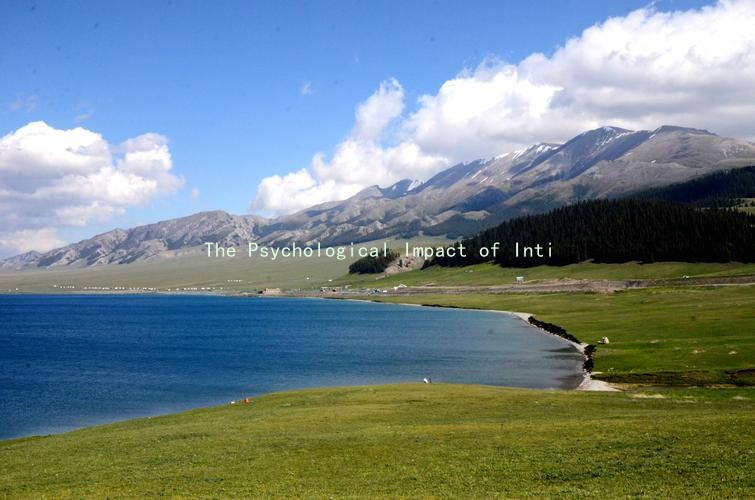Emotional Intelligence in Dating: Tips for Using Analysis Models Effectively
Emotional intelligence (EI) plays a crucial role in navigating the complex landscape of dating and romantic relationships. It encompasses the ability to understand and manage ones emotions, as well as recognizing and influencing the emotions of others. Developing EI can significantly enhance your dating experience, helping you connect profoundly with potential partners. This article explores how to utilize analysis models effectively to boost your emotional intelligence in the realm of dating.
Understanding Emotional Intelligence
Emotional intelligence is typically divided into four key components: self-awareness, self-regulation, social awareness, and relationship management. Each of these components contributes to how we interact with others, especially in romantic contexts. By applying analysis models, you can enhance these aspects of emotional intelligence.
1. Practice Self-Awareness
Self-awareness is the foundation of emotional intelligence. Recognizing your feelings, strengths, weaknesses, and triggers can greatly influence your dating life.
– Analysis Model: The Johari Window
This tool helps you understand your known and unknown traits in the context of self-disclosure. By sharing more about yourself with potential partners, you not only increase your self-awareness but also invite them to open up, creating a more intimate connection.
2. Develop Self-Regulation
Once you identify your emotions, the next step is learning how to manage them. Self-regulation allows you to express feelings healthily rather than impulsively acting on them.
– Analysis Model: The Emotional Regulation Strategies Grid
Create a grid where you list positive and negative emotional responses you commonly experience in dating situations. This can help you develop strategies for positive responses, like deep breathing during moments of stress or redirecting feelings of jealousy into a productive conversation.
3. Enhance Social Awareness
Social awareness involves understanding others emotions and perspectives. Being sensitive to your partners feelings can make a significant difference in your interactions.

– Analysis Model: Empathy Mapping
Use this model to analyze your partner’s feelings, thoughts, and motivations. By putting yourself in their shoes, you can better understand their reactions and concerns, allowing you to tailor your approach in a way that resonates with them emotionally.
4. Master Relationship Management
Once you navigate the individual aspects of emotional intelligence, focus on building and maintaining healthy relationships. Good relationship management involves conflict resolution, effective communication, and fostering a supportive environment.
– Analysis Model: The Conflict Resolution Framework
This model guides you through different stages of resolving disagreements, from identifying the issue to brainstorming solutions collaboratively. Using this framework can help ensure that arguments lead to growth rather than resentment.
Practical Tips for Application
1. Reflect on Your Emotions: After a date, take time to reflect on what you felt during the interaction. Consider how you managed those feelings and how they influenced the outcome.
2. Ask Open-Ended Questions: Practice social awareness by asking your date questions that encourage them to express their feelings and thoughts more freely.
3. Seek Feedback: Don’t hesitate to ask your partner about their perceptions of your emotional responses during your time together. This can provide insights and help you grow.
4. Stay Present: Being fully present during conversations fosters deeper connections. Practice active listening to show that you value your partner’s feelings.
In conclusion, leveraging emotional intelligence through various analysis models can significantly enhance your dating experience. By fostering self-awareness, self-regulation, social awareness, and relationship management, you can create more meaningful and fulfilling connections with others. Remember, dating is not just about finding love; it’s also about understanding ourselves and the emotional landscapes of those we choose to invite into our lives.





